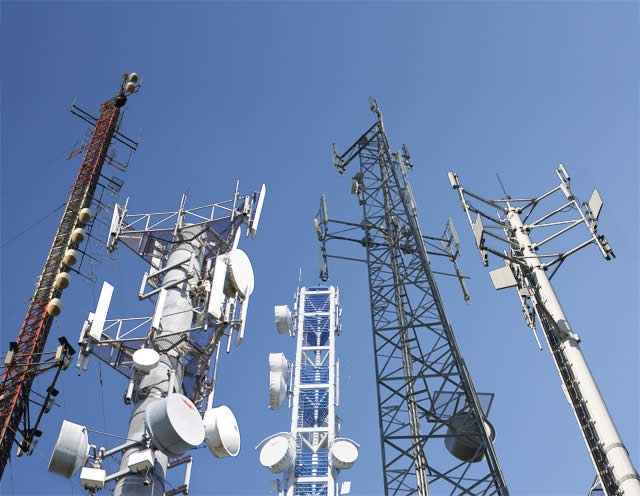NEC claims the test with U.K. operators BT and EE targeting backhaul solutions for 4G and 5G deployments.
NEC is working with U.K. telecommunication operators BT and EE, and the University of Salford as a research partner to test millimeter wave mobile backhaul technology for 4G and “5G” networks.
Under terms of the agreement, NEC, BT and EE have teamed up to test the performance of V-band point-to-point mobile backhaul, using millimeter wave spectrum in the 60 GHz band. The companies said the test will focus largely on how links stand up in various climatic conditions.
Using the University of Salford as a base, the companies created a test bed to measure the performance of the V-band radio system over a 12-month period when exposed to rain, wind, fog and ice. The University installed a radio system with transceivers and antennas and will monitor transmissions at the test site through early 2018.
“Millimeter wave point-to-point links operate at very high frequencies to transmit high volumes of data over relatively short distances. However, the high frequency does mean that it is possibly affected by climatic conditions – the question being by how much,” said Nigel Linge, professor of telecommunications at the University of Salford. “This is a vital technology for the future of 4G and 5G networks so this research can play a major part in influencing deployment in years to come.”
“We were looking for an urban area, somewhere the weather is very variable and where there is expertise in network engineering,” added Stephen Walthew, manager for transport networks at NEC Europe. “The 60 GHz connection has the opportunity to become the solution of choice for high-capacity backhauling, so the more scientific evidence we can collect about its performance, the better we can make decisions about design and deployment.”

